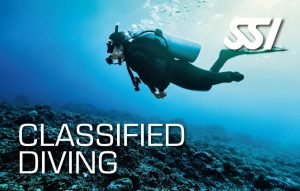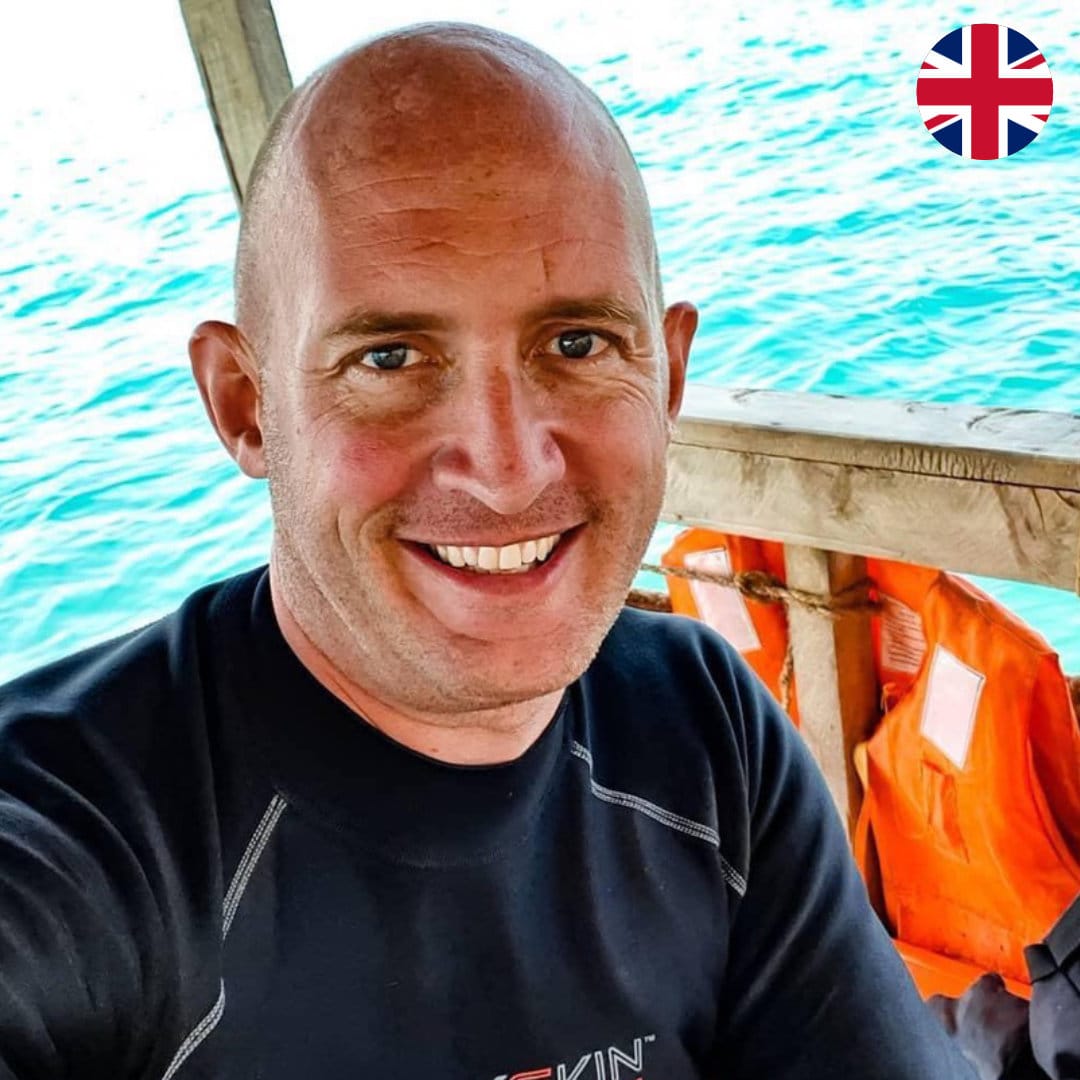Becoming a rescue diver is a crucial step in any diver’s journey. It’s required for those aiming to become a Master Diver or move into professional diving as a Divemaster. But even if you have no plans to go pro, rescue diver training is essential. It equips you with the skills to handle diver stress, prevent problems, and respond effectively in emergencies.
Many divers believe they don’t need a rescue diver certification because they only dive with professionals. That’s a mistake! Once you’re Open Water certified, you can dive anywhere in the world with just a buddy. If an emergency happens, you are their first line of rescue.
Every diver should aim to become a rescue diver. Here’s why:
1. Readiness: Be Prepared for Emergencies
As a rescue diver, you’re trained to assist in dive emergencies. you gain the skills needed to assist in dive emergencies. Training includes performing in-water rescues, calling for help, providing surface support, assisting in getting an injured diver out of the water, and delivering emergency oxygen. It also prepares you to act as a spotter in missing diver searches.
Diver rescues involve teamwork, and proper training ensures that you can contribute effectively. Being rescue-ready makes you an invaluable part of any dive team. rescues involve teamwork. With the right training, you’ll be rescue-ready and an invaluable part of any dive team.
2. Awareness: Look Out for Yourself and Others
Good divers constantly assess their own condition during a dive. During a dive, some questions for example you should ask yourself:
- Am I breathing normally?
- Is my buoyancy under control?
- Am I carrying the right amount of weight?
- What’s my remaining air supply?
- Where is my buddy, the boat, and the exit point?
- Are we following the dive plan?
Rescue Diver training takes this awareness one step further. You’ll learn to monitor other divers, recognize signs of stress, and spot potential problems before they become emergencies.
For example here are some case studies: If a diver requests 8kg of weight while wearing only a skin suit, that’s a red flag. They may be inexperienced, have poor buoyancy control, or have simply forgotten their previous weighting needs (a great reason we should always writie that information in our dive logs). A quick buoyancy check before the dive can prevent future problems.
Or imagine you jump in and encounter a strong current. Should you adjust the dive plan? Fight the current? Call off the dive for safety? Rescue Diver training helps you make smart, safety-first decisions.
The best rescue is the one you never have to perform—because you prevented the problem in the first place.
3. Confidence: Be a Stronger, More Skilled Diver
Rescue diver training is a game-changer. Even if you have completed the Advanced Open Water course or other specialties, this course will challenge you in new ways. It introduces techniques for managing real-life rescue scenarios, assisting distressed divers, and responding effectively in emergencies.
This knowledge builds confidence. Fear often comes from uncertainty, but training eliminates that uncertainty. When you know how to handle a crisis, you feel more in control. That confidence not only makes you a better diver but also ensures the safety of those diving with you.
Take the Next Step: Become a Rescue Diver in Diani, Kenya!
Are you ready to level up your dive skills? Ocean Tribe offers the React Right + Diver Stress & Rescue course package in Diani, Kenya. If you already have a valid First Aid & CPR certification, you can take just the Diver Stress & Rescue course.
Duration: 3–4 days
Location: Diani Beach, Kenya
Includes: Theory, pool training, and real-life rescue scenarios in open water
Act now—become a Rescue Diver and a better diver today!




























